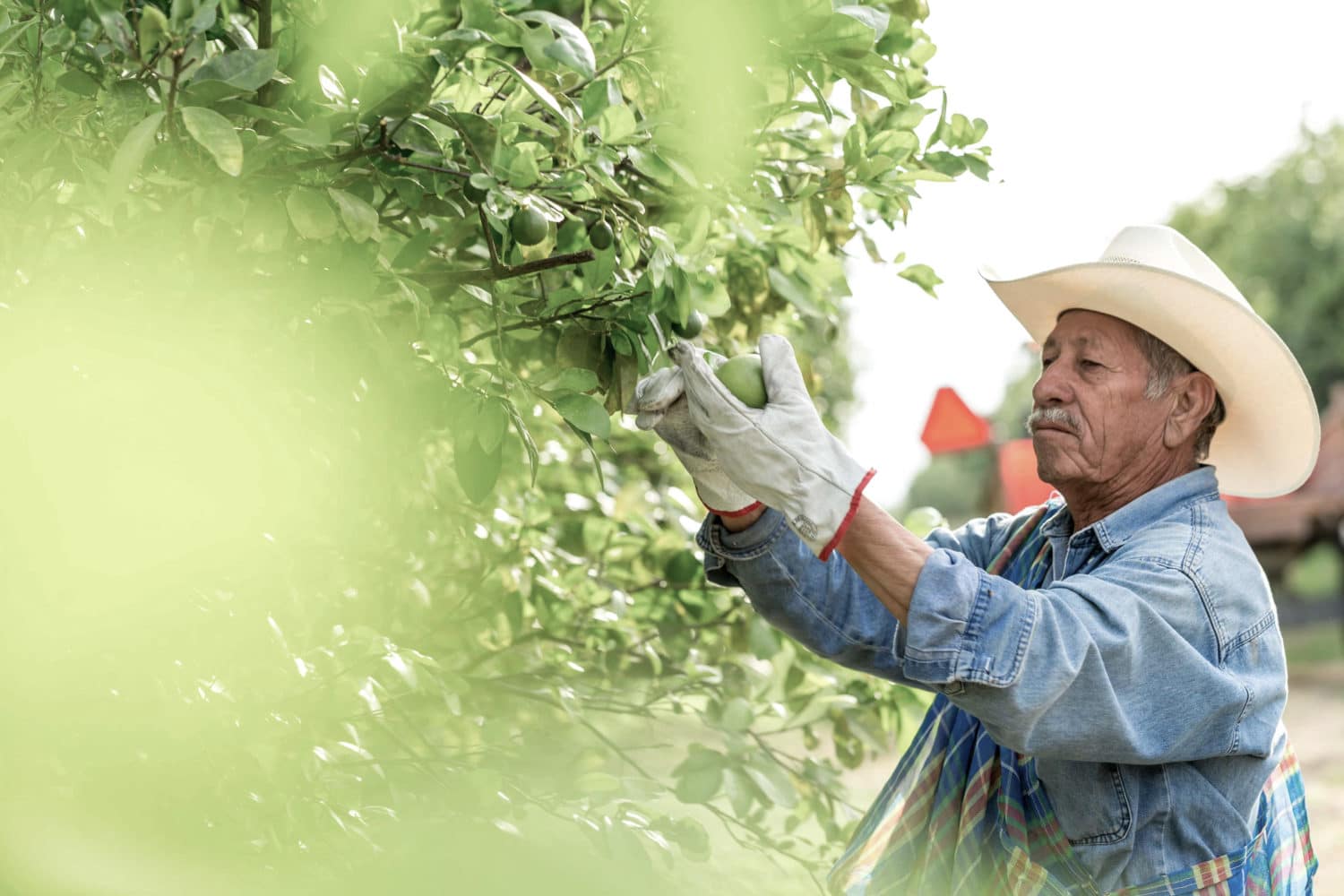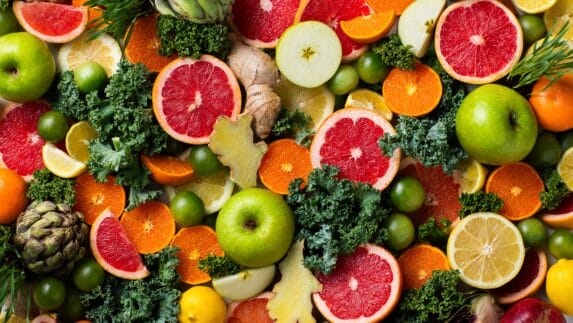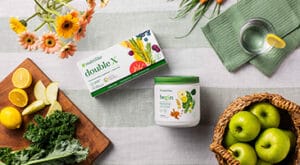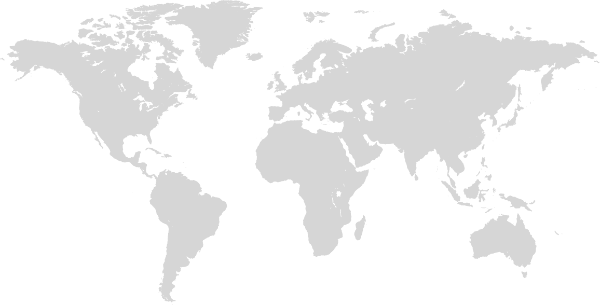Buying organic has been a big trend over the last decade, but the word “organic” is not always well understood. Keep reading below, as we unpack what organic farming and production really mean and dive deeper into how these processes apply to Nutrilite farms and supplements!
What is organic farming?
While most people associate “organic” with produce that has not been grown with pesticides or fertilizers, there is actually much more involved than this simple definition. The Ontario Ministry of Agriculture, Food, and Rural Affairs outlines many principles to achieve certified organic status including protecting the environment, minimizing soil degradation and erosion, decreasing pollution, optimizing biological productivity and promoting a sound state of health.
Organic farming favours crop rotations and cover crops, which recycle organic residues back into the soil acting as a natural insect and disease preventative and producing crops with improved genetics. While organic farming does have practices in place to combat pests and weeds, it relies on natural, balanced host/predator ecosystems over the use of synthetic fertilizers, pesticides, aids, and ingredients.
What are Nutrilite’s organic farms and what do they produce?
Nutrilite operates more than 5,992 acres of certified organic farmland in the U.S., Mexico and Brazil, where we grow and harvest plants using sustainable, chemical-free methods. In fact, Nutrilite is the only global vitamin and dietary supplement brand to grow, harvest, and process plants on their own certified organic farms.
At 886 acres, Nutrilite Trout Lake Farm is the largest certified organic herb farm in the United States processing organic crops such as alfalfa, spinach, and oregano. Trout Lake Valley is one of the only remaining water-rich, organic valleys in the world. All of the surrounding farms are organic making it optimal for organic production without the concern of outside contamination.
Nutrilite’s El Petacal Farm in Mexico spans 1,589 acres growing and processing organic crops such as citrus fruit, alfalfa, spinach, parsley, kale, broccoli and sage.
Last but certainly not least, Nutrilite’s farm in Ubajara, Brazil is the largest acerola cherry farm in the world also processing watercress, picao preto and eclipta alba.
What are some things Nutrilite does to promote organic farming practices?
We grow our crops in the best soil with the purest water, and we follow sustainable farming principles so that our plants are healthy and strong. That means no toxic pesticides are used. Instead, we use good bugs, falcons and natural weed control to protect our plants! GPS-controlled tractors and implement guidance systems till and control weeds less than one inch from the crop. No synthetic herbicides needed!
Why should I care about organic farming?
Food and supplement safety are an every growing concern in today’s society, and we believe that consumers should have full visibility into where their food and consumables come from and how they are farmed and produced.
You want to live the healthiest life possible and knowing how those supplements are made, and where their ingredients come from, is critical for your overall health. Nutrilite promises purity, safety and effectiveness. No one in the world cares or invests as much as we do to ensure we have the purest ingredients, manufactured in the safest way, so that people can have confidence in our products.
—
*Nutrilite farm claims sourced from Euromonitor International Limited; Based on a 2016 review of global Vitamin and Dietary supplement manufacturers; their ownership of the entire production process, from organic farm to manufacturing.*




